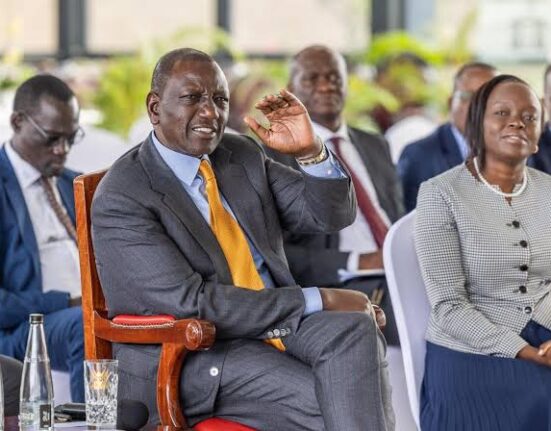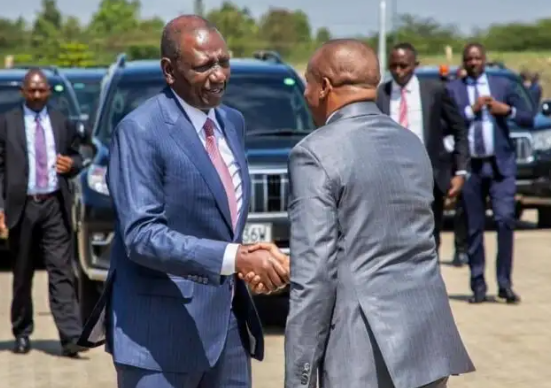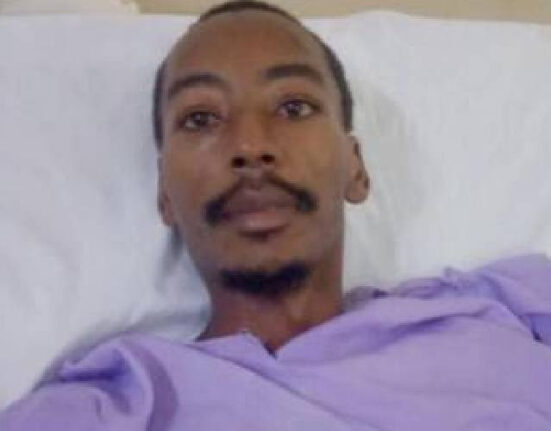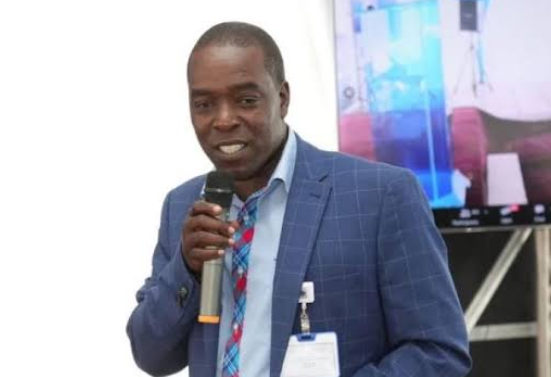Francis Gaitho, a vocal political analyst and fearless government critic, has sparked heated debate after alleging that Hanifa, a widely known activist, is actually an undercover police officer.
Hanifa gained public recognition during the Gen Z protests when funds were channeled to her to cover hospital bills for injured demonstrators, solidifying her position as a champion for social justice.
However, Gaitho claims that her activism is a façade masking her true role as a state operative.Taking to X, Gaitho stated, “CONFIRMED: This account is operated by undercover policewoman @Honeyfarsafi. Yes, Hanifa is a cop. Waiting for verification that she’s also running @Kibet_bull’s account. We have people on it. Because they’re saying that the tweet she put out in the morning about having diarrhea was meant to go to one of these accounts she’s manning.”
This revelation has ignited suspicion around Hanifa’s credibility, with Gaitho suggesting that she uses her activist persona as a cover to infiltrate and monitor dissenting voices.
He further speculated that Hanifa might also be managing other fake accounts, including @Kibet_bull, which has previously been linked to state-sanctioned operations.
In addition to his accusations against Hanifa, Gaitho revealed that another account, @Painhub6_, is being used by operatives to trail him.
He alleged that the handlers of the fake account have been engaging him in small talk to track his location.
“They’ve been trying to engage me with small talk so they can track me through calls, and I love seeing how stupid people are,” he wrote.
Gaitho, who has consistently defied orders from the Directorate of Criminal Investigations (DCI), warned his followers to remain vigilant and advised them to block and report suspicious accounts.
Hanifa’s reputation as an activist has made Gaitho’s allegations particularly controversial, with reactions divided.
Supporters praised Gaitho for exposing what they see as a pattern of state-sponsored intimidation tactics, while skeptics questioned the validity of his claims and defended Hanifa’s integrity.
Some critics pointed out the potential harm such allegations could cause to activists genuinely working to support the youth and advocate for justice.
Others, however, argued that, such actions represent a dangerous misuse of authority designed to silence opposition and dissent.
Gaitho’s accusations point to a larger concern about online surveillance and harassment of government critics in Kenya.
The alleged use of fake social media accounts by state-aligned operatives to intimidate outspoken individuals reflects the challenges faced by dissenting voices in the country.
The incident raises pressing questions about the integrity of activism, the extent of state surveillance, and the lengths to which critics must go to protect their voices in an increasingly hostile political climate.












Leave feedback about this